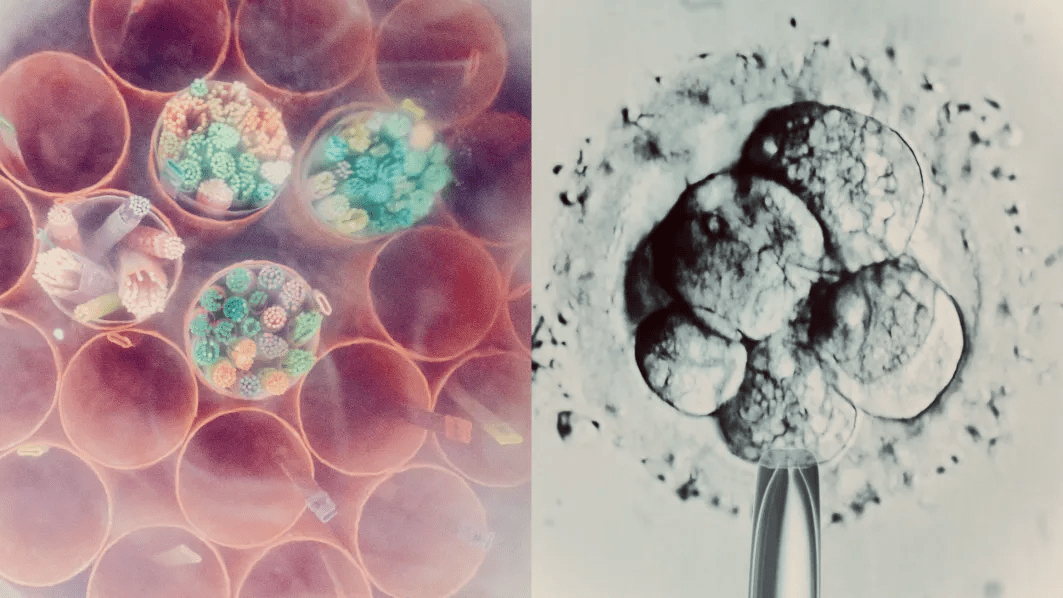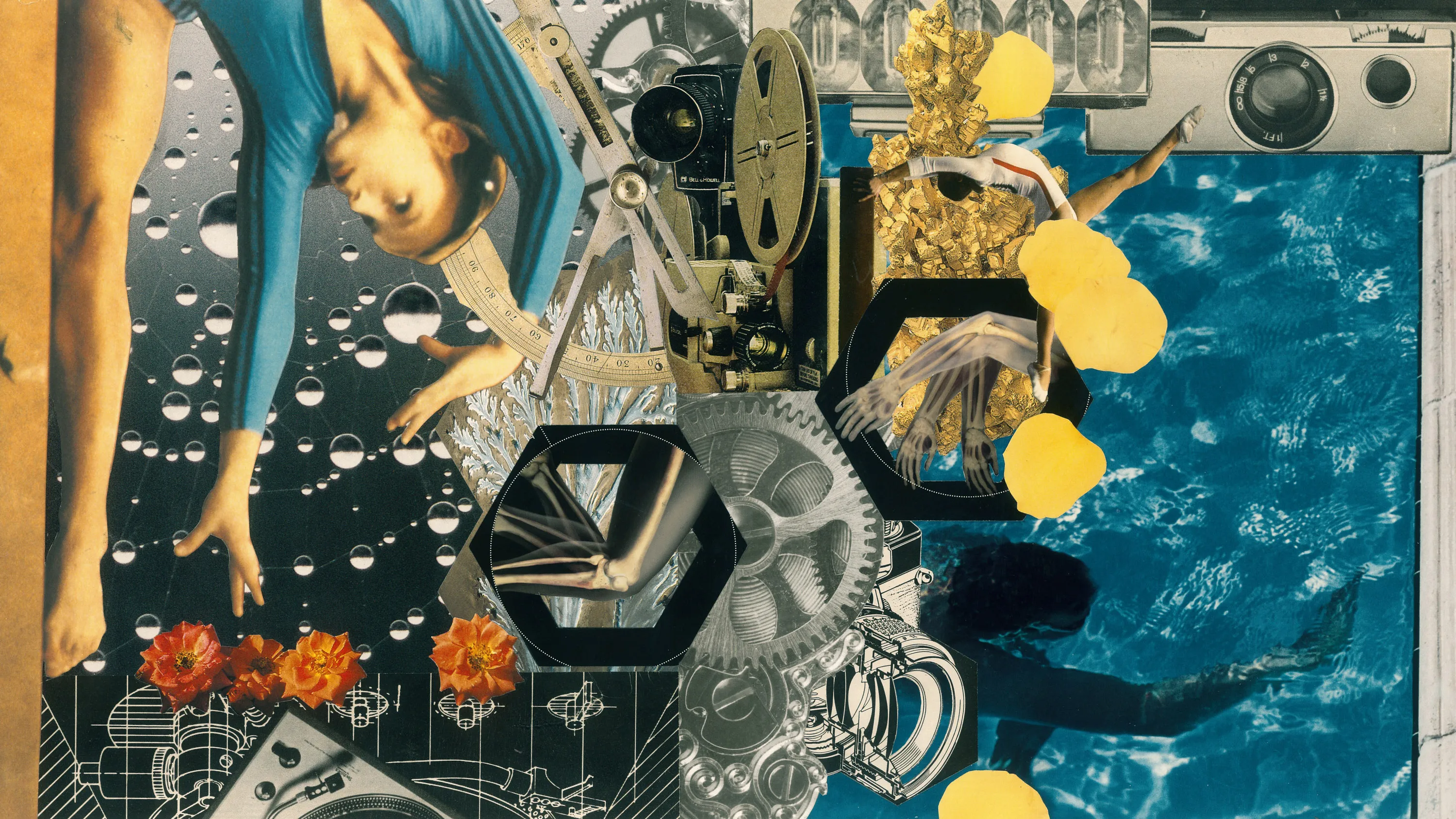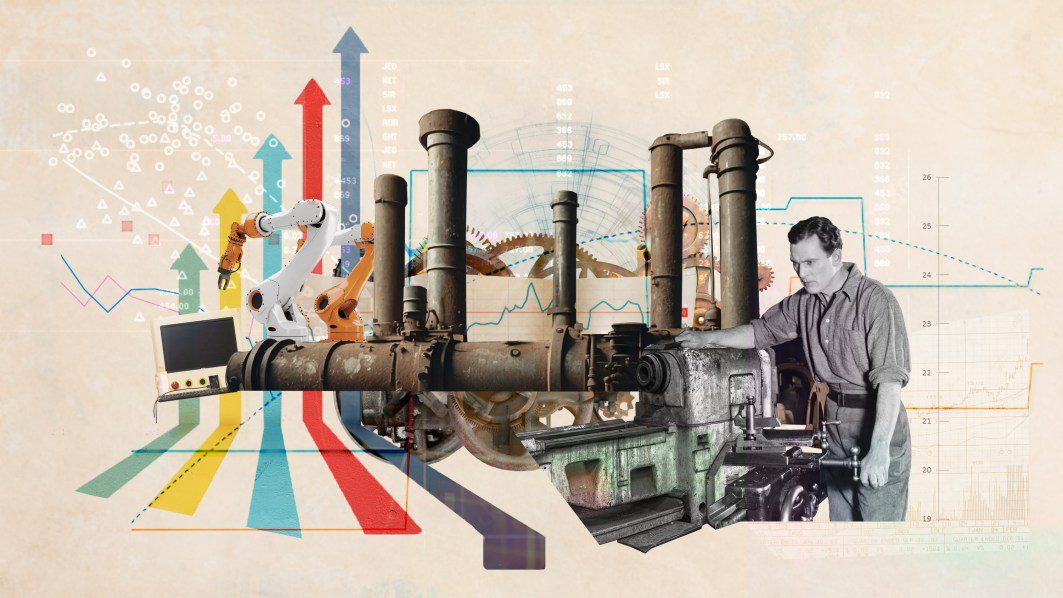The Download: Google’s AI energy use, and the AI Hype Index
This is today’s edition of The Download, our weekday newsletter that provides a daily dose of what’s going on in the world of technology.
Google’s still not giving us the full picture on AI energy use
—Casey Crownhart
Google just announced that a typical query to its Gemini app uses about 0.24 watt-hours of electricity. That’s about the same as running a microwave for one second—something that feels insignificant. I run the microwave for many more seconds than that most days.
I welcome more openness from major AI players about their estimated energy use per query. But I’ve noticed that some folks are taking this number and using it to conclude that we don’t need to worry about AI’s energy demand. That’s not the right takeaway here. Let’s dig into why.
This article is from The Spark, MIT Technology Review’s weekly climate newsletter. To receive it in your inbox every Wednesday, sign up here.
+ If you’re interested in AI’s energy footprint, earlier this year, MIT Technology Review published Power Hungry: a comprehensive series on AI and energy.
The AI Hype Index: AI-designed antibiotics show promise
Separating AI reality from hyped-up fiction isn’t always easy. That’s why we’ve created the AI Hype Index—a simple, at-a-glance summary of everything you need to know about the state of the industry. Take a look at this month’s edition here.
The must-reads
I’ve combed the internet to find you today’s most fun/important/scary/fascinating stories about technology.
1 The White House has fired the director of the CDC
But Susan Monarez is refusing to go quietly. (WP $)
+ Monarez is said to have clashed with RFK Jr over vaccine policy. (NYT $)
+ She was confirmed by the Senate to the position just last month. (The Guardian)
+ Vaccine consensus is splintering across the US. (Vox)
2 A Chinese hacking campaign hit at least 200 US organizations
Intelligence agencies say the breaches are among the most significant ever. (WP $)
+ AI-generated ransomware is on the rise. (Wired $)
3 Ukraine’s new Flamingo cruise missile took just months to build
Russia’s air defenses are weakening. Can this missile exploit the gaps? (Economist $)
+ 14 people were killed in an overnight bombardment of Kyiv. (BBC)
+ On the ground in Ukraine’s largest Starlink repair shop. (MIT Technology Review)
4 AI infrastructure spending is boosting the US economy
Companies are throwing so much money at AI hardware it’s lifting the real economy, not just the stock market. (NYT $)
+ How to fine-tune AI for prosperity. (MIT Technology Review)
5 OpenAI and Anthropic safety-tested each other’s AI
They found Claude is a lot more cautious than OpenAI’s mini models. (Engadget)
+ Sycophancy was a repeated issue among OpenAI’s models. (TechCrunch)
+ This benchmark used Reddit’s AITA to test how much AI models suck up to us. (MIT Technology Review)
6 Climate change exacerbated Europe’s deadly wildfires
And fires across the Mediterranean are likely to become more frequent and severe. (BBC)
+ What the collapse of a glacier can teach us. (New Yorker $)
+ How AI can help spot wildfires. (MIT Technology Review)
7 911 centers are using AI to answer calls
It’s helping to triage anything that isn’t urgent. (TechCrunch)
8 Wikipedia has compiled a list of AI writing tropes
But their presence still isn’t a dead giveaway a text has been written by AI. (Fast Company $)
+ AI-text detection tools are really easy to fool. (MIT Technology Review)
9 Melania Trump has launched the Presidential AI Challenge
But it’s not all that clear what the competition actually is. (NY Mag $)
10 Netflix’s algorithm-appeasing movies are bland and boring
But millions of people will watch them anyway. (The Guardian)
Quote of the day
“The more you buy, the more you grow.”
—Nvidia CEO Jensen Huang conveniently sees no end to the AI chip spending boom, Reuters reports.

Inside the strange limbo facing millions of IVF embryos
Millions of embryos created through IVF sit frozen in time, stored in cryopreservation tanks around the world, and the number is only growing.
At a basic level, an embryo is simply a tiny ball of a hundred or so cells. But unlike other types of body tissue, it holds the potential for life. Many argue that this endows embryos with a special moral status, one that requires special protections.
The problem is that no one can really agree on what that status is. What do these embryos mean to us? And who should be responsible for them? Read the full story.
—Jessica Hamzelou
We can still have nice things
A place for comfort, fun and distraction to brighten up your day. (Got any ideas? Drop me a line or skeet ’em at me.)
+ Wow, that is one seriously orange shark!
+ TikTok is a proven way to introduce younger generations to older music—and now it’s Radiohead’s turn.
+ Why we’re still going bananas for Donkey Kong after all these years
+ This photo perfectly captures the joy of letting loose at a wedding.


















